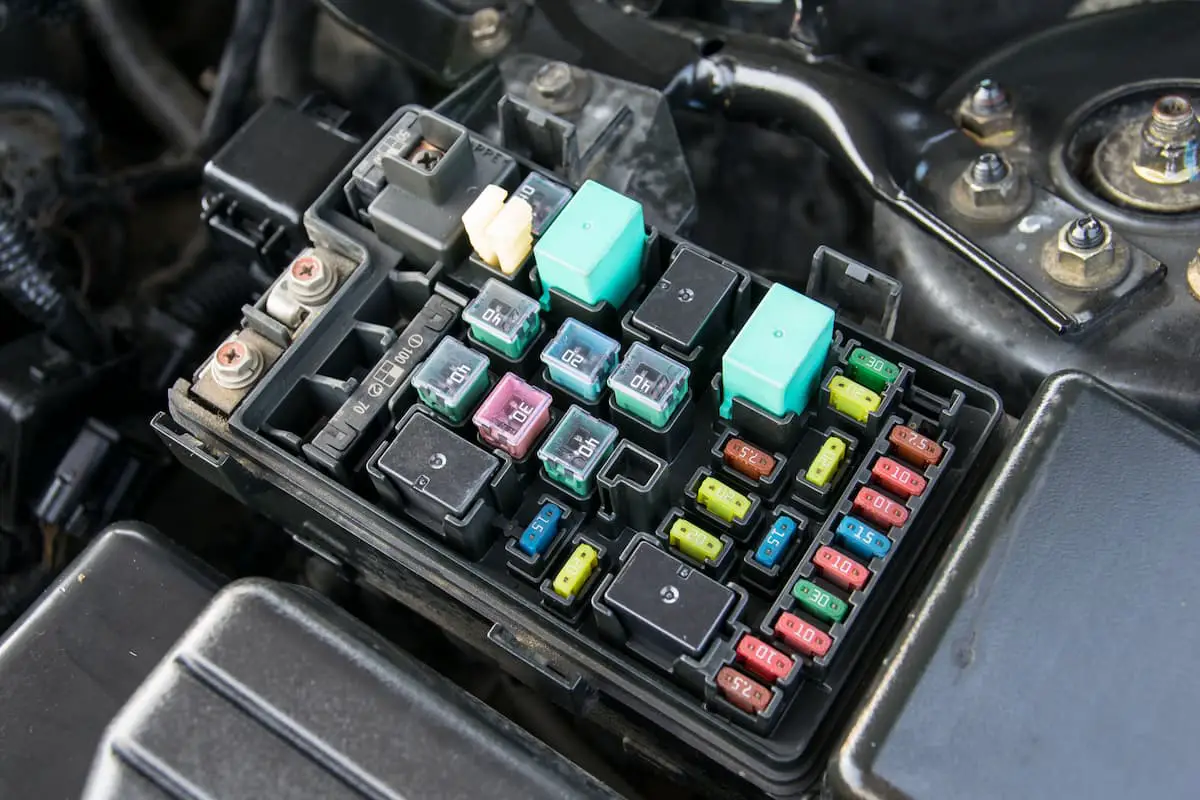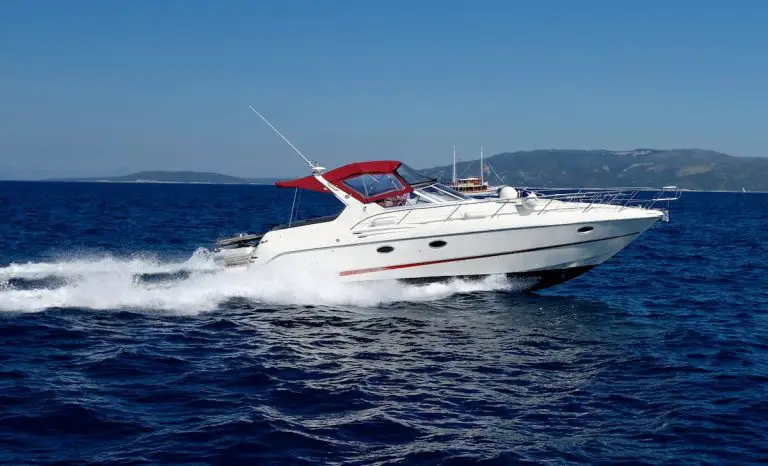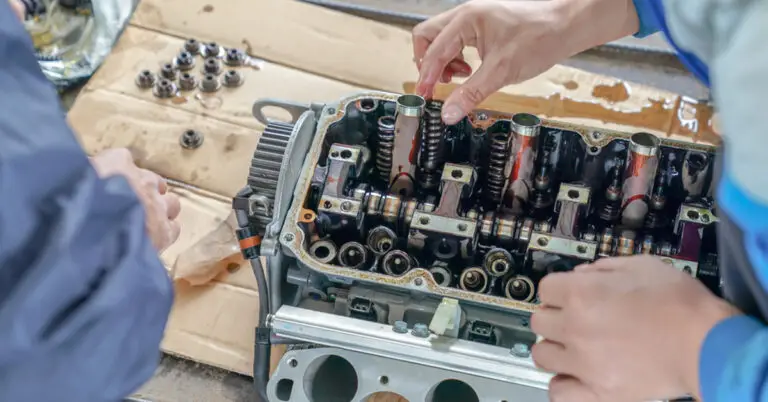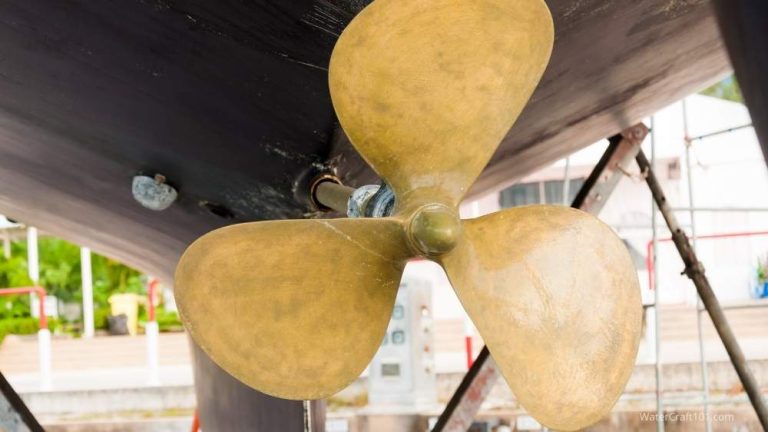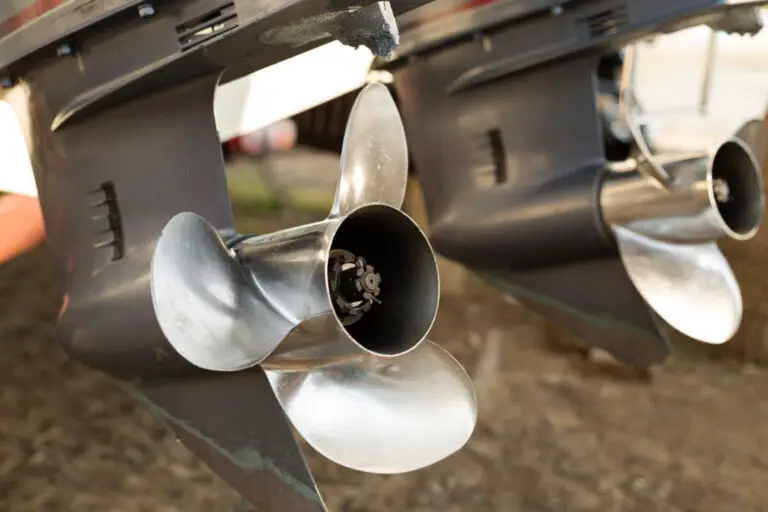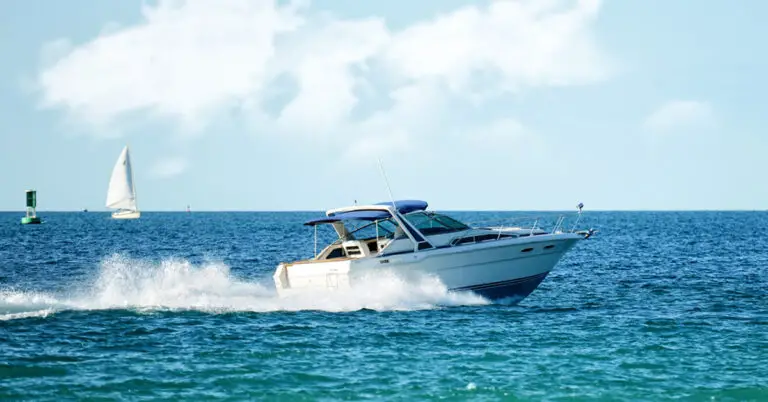Are Boat Fuses and Car Fuses the Same? (Explained)
If you’re familiar with boating, you probably already know that quality boat engines will hardly be affected by overcurrents; unfortunately, they’re just as likely as any fuse to get affected by short circuits. However, boat fuses are difficult to find, and many people will substitute them with car fuses instead. But are boat fuss and car fuses the same?
Boat fuses and car fuses are not the same. Though similar, car and boat fuses have minor differences and should not be used interchangeably. Boat fuses are often made from copper or tin, while car fuses are made from aluminum. While in a pinch, you can use car fuses for a boat, it’s not recommended that you do so.
This article will look at the main differences between boat and car fuses, whether you can use them interchangeably, and whether car fuses will cause any issues in boat engines. It will also give you advice on protecting the wiring and electric systems on your boat.
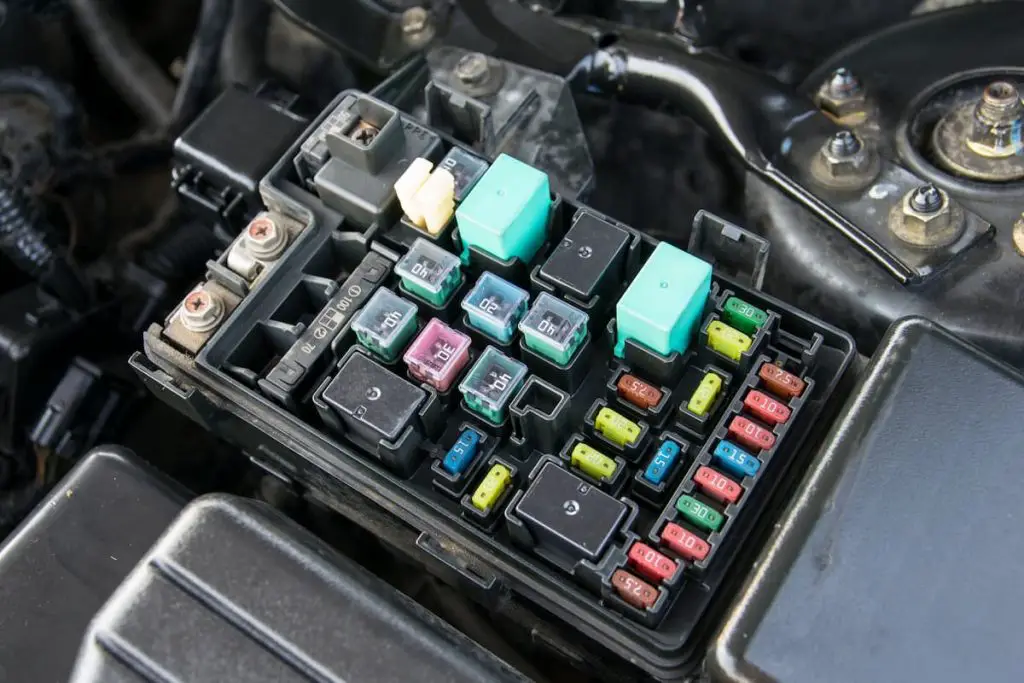
What Are the Differences Between Boat and Car Fuses?
If you look at any online boating forum, you’ll notice that many people claim boat fuses and car fuses to be the same. If you place the two fuses together, you won’t notice any difference between them. So, what are the differences between boat and car fuses?
The main difference between boat and car fuses is that boat fuses are closed at both ends, while most car fuses are open on one end. Additionally, they consist of different materials. Boat fuses are often made with silver or copper, while car fuses are made with aluminum.
However, the differences are minor, and only experienced professionals can distinguish between a boat and a car fuse. It’s also worth mentioning that many boat manufacturers are in the car industry and use similar fuses for both their boats and automobiles.
Can You Use Car Fuses in Boats?
You can use car fuses in boats so long as they are for engines with similar capacities, and the boat’s manual doesn’t require you to use marine fuses specifically. However, using car fuses in a boat can increase the risk of engine-induced fires.
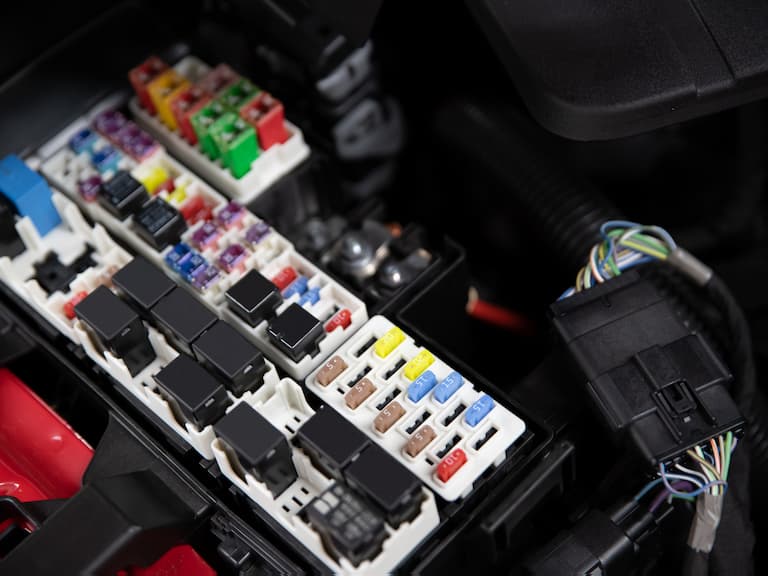
Boat fuses are better insulated than car fuses. The ATC fuses in boats are completely closed on both ends, making them ideal for combustion engines. Since most boat engines will be exposed to water, there’s more risk of short-circuiting if one end of the fuse is exposed.
On the other hand, the ATO fuses in cars are designed for dry environments, so you shouldn’t use them in boat engines. However, it’s worth considering that many car engines also have marine ATC fuses. If you can’t find a marine fuse, then you can use an ATC car fuse in your boat.
So, while boat and car fuses are interchangeable, avoid using car fuses in boat engines unless you’re a mechanic. Otherwise, you’ll risk burning the wiring with short-circuiting.
Do Boats Need Fuses?
Like any combustion engine, boats may get damaged by unusually high currents and short circuits. However, since they are designed for use while submerged, you may wonder whether they really need fuses.
Just like cars with wiring systems, boats also need fuses to protect the wires, circuit boards, and other electrical systems from damage. Most boats will have fuses in the electrical systems. However, if your boat doesn’t have a fuse system, don’t add it manually.
A fuse is a short piece of wire designed to burn out at a specific temperature or when an unusually high current passes through it, protecting the wires from damage. Boat fuses are usually made from copper or silver and will prevent fires and severe engine damage.
Many boat engines are made with engine systems designed to handle higher currents and short-circuiting. However, you’ll still need fuses to protect the wiring from getting damaged.
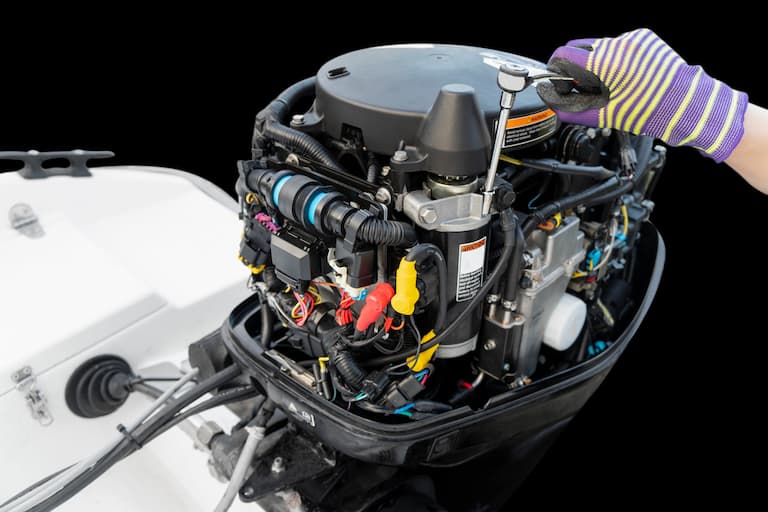
What Fuses Should You Use in a Boat?
The fuse size you use in a boat will depend on the wiring systems, which component they are protecting, whether you are fusing a single wire or a bundle of wires, and whether the wire is enclosed in the engine compartment.
Thicker and better quality wires will need fuses to handle higher temperatures without getting damaged. Never use a fuse designed for large wiring or smaller since it may cause the wires to burn in case of a short circuit.
Different electrical components will also need different fuses. For example, the boat’s pump and the engine will need better fuses than those used to protect the wiring. Always consult the boat’s manual to see which fuses should be used in different areas in the engine.
How Do You Protect the Electrical Components on Boats?
You can protect the electrical components on boats by using fuses and circuit breakers, which also help protect a boat’s wiring. Always make sure the fuse’s amp rating matches that of the wiring to prevent the wiring from burning out.
Always use ignition-protected fuses, especially for wiring in the engine compartment. Use marine fuses since they are closed on both ends and won’t cause the engine to ignite. The last thing you want is the engine to blast when you’re on a leisurely boat ride!

What Happens if a Boat Has a Short Circuit?
If your boat has a short circuit, it can damage your boat’s wiring and other electrical components. It may cause an explosion or fire in the engine compartment in rare cases. When servicing your boat, always check for short circuits and replace any blown fuses.
Many new boat engines are designed with protection measures to avoid blowing up or getting damaged from short circuits. If you feel that there’s something wrong with your boat’s electrical components or some features aren’t working, have them checked by a mechanic immediately.
Are Boat Fuses and Car Fuses the Same – Conclusion
Boat fuses are slightly different from car fuses and really should not be used interchangeably. Boat fuses are closed on both ends, preventing the burnt fuse from igniting fires. Using the wrong fuse in your boat can cause damage to the electrical systems or wiring or even cause a fire in extreme cases.
Always check your boat fuses when servicing your boat and replace blown fuses. Consult the boat manual on which fuses to use to protect wiring and electrical components in different boat parts.

